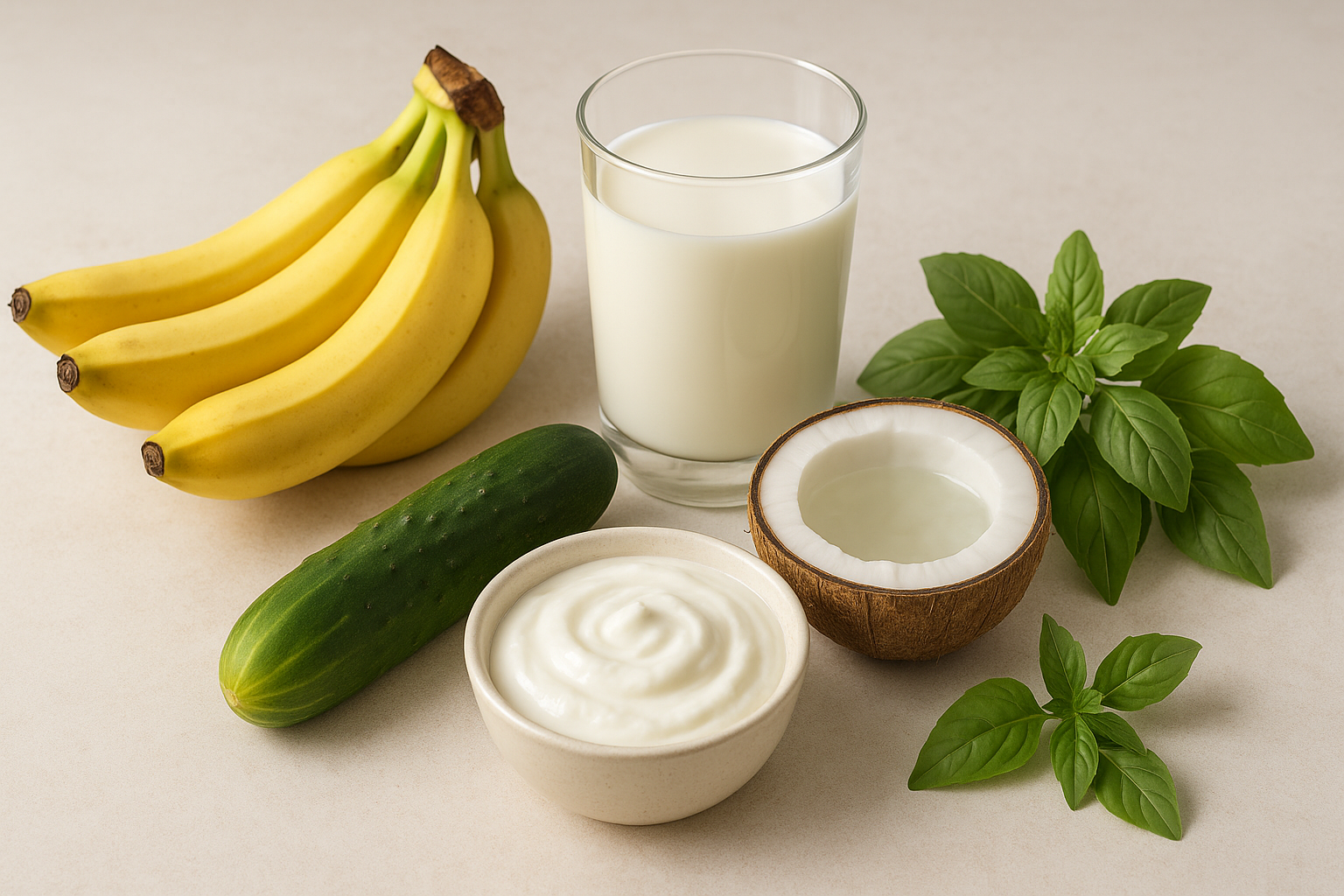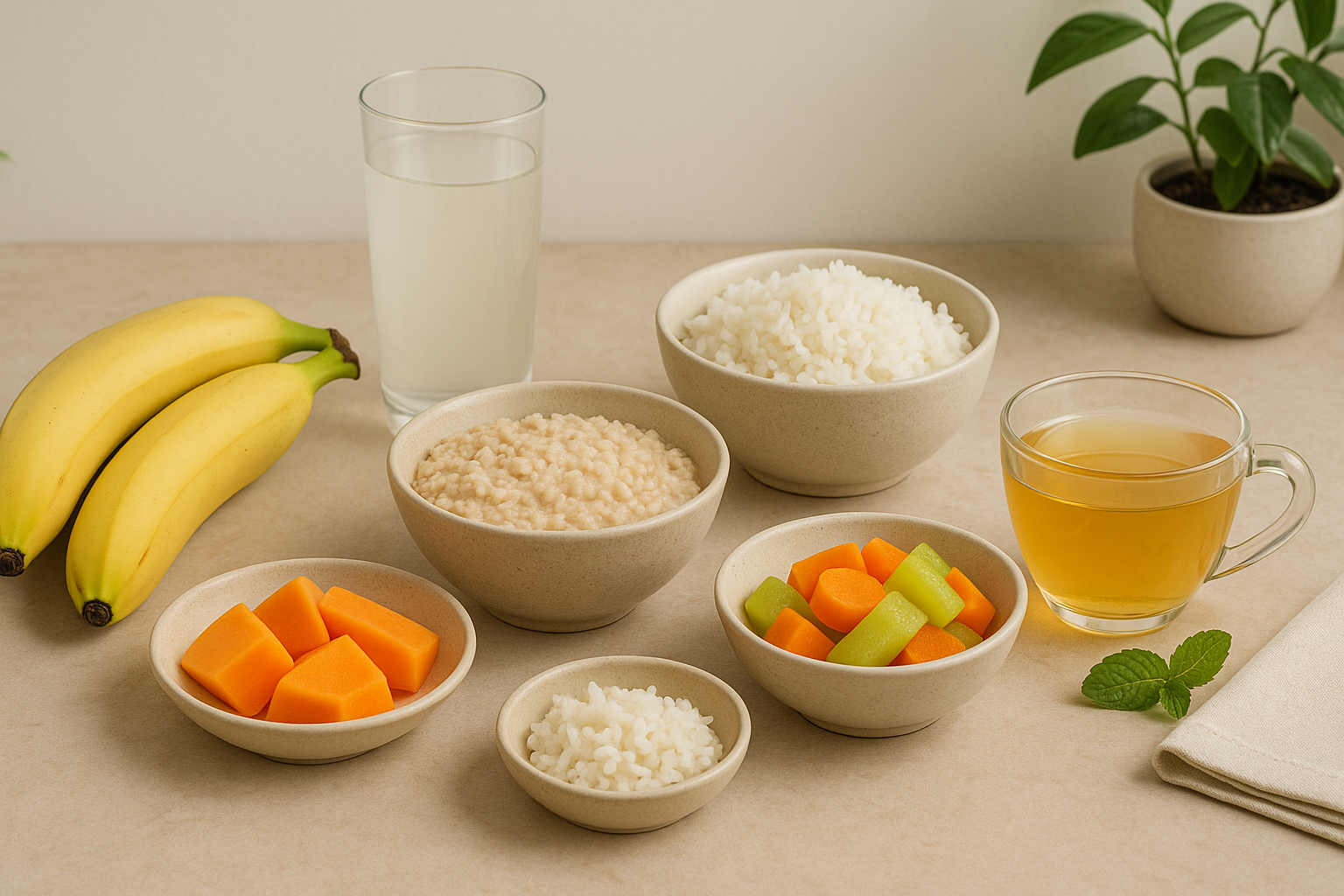As the cold weather sets in, many people notice changes in their health and well-being. One common complaint during the chilly months is an increase in digestive discomfort, especially heartburn in winter. But is there really a connection between cold weather and heartburn? Or is it just a myth?
In this blog, we’ll explore what heartburn is, why some people experience it more during winter, and what you can do to find relief, naturally and effectively. We will also discuss how trusted remedies like Gaviscon Oral Suspension Antacid can help. This best antacid for Acid reflux will soothe heartburn quickly and safely.
What is Heartburn?
Heartburn is a burning feeling in the chest or throat caused by stomach acid flowing back into the esophagus. This happens when the muscle at the lower end of the esophagus (called the lower esophageal sphincter or LES) relaxes or weakens, allowing acid to escape. Well, you might have noticed this Burning sensation in the chest is increased in Winters.
Common symptoms of heartburn include:
- A burning feeling behind the breastbone
- Sour or bitter taste in the mouth
- The burning feeling often intensifies after meals or when lying down.
- Occasional coughing or hoarseness
While heartburn can happen anytime, certain factors trigger it more often. Let’s find out if cold weather is one of them.
Is Heartburn More Common in Winter?
Many people report experiencing more frequent or intense heartburn during colder months. While direct scientific evidence on cold weather causing heartburn is limited, several lifestyle and physiological factors linked to winter can contribute to this discomfort.
Why Might Heartburn Increase in Winter?
Here are some reasons heartburn may feel worse or more frequent during the cold season:
Changes in Diet and Eating Habits
Winter often means heavier, richer meals with more fats, spices, and comfort foods. Think creamy soups, fried snacks, and hearty casseroles—all of which can relax the LES and increase acid production.
People also tend to eat larger portions during winter holidays, making digestion slower and more prone to reflux.
Less Physical Activity
Colder weather means staying indoors more and moving less. Insufficient physical activity can slow down digestion and increase the risk of acid reflux.
Wearing Tight Clothes
Bulkier clothing or tight belts to keep warm may put extra pressure on the stomach, pushing acid up into the esophagus.
Stress and Anxiety
Winter months, especially around holidays, can be stressful for many. Stress may disrupt digestion and trigger excess stomach acid, which can intensify heartburn symptoms.
Dehydration
Cold weather often makes people drink less water, which can thicken stomach acid and slow digestion, increasing irritation.
Myth or Reality?
So, is heartburn in winter truly caused by the cold itself? Not directly. Cold temperatures alone don’t cause acid reflux. However, the behaviors and changes in routine that come with winter certainly contribute to a higher risk of experiencing heartburn.
Understanding this link can help you manage symptoms better during the colder months.
How to Prevent Heartburn in Winter?
Preventing heartburn is largely about lifestyle management. Here are some simple, natural ways to reduce your risk during winter:
Watch Your Diet
- Avoid heavy, fatty, or spicy foods, especially in the evening.
- Eat smaller, frequent meals rather than large portions.
- Limit caffeine, chocolate, and carbonated drinks.
- Include more fiber-rich fruits and vegetables in your diet to promote better digestion.
Stay Active
- Even short indoor exercises, stretches, or walks can help digestion.
- Remain in an upright position for 2 to 3 hours after eating to help avoid discomfort.
Dress Comfortably
- Avoid tight clothing around the waist.
- Choose warm but loose-fitting layers.
When Heartburn Strikes: How to Find Relief
Even with precautions, heartburn may still occur without warning. That’s when you need a reliable and fast-acting remedy.
Introducing Gaviscon Antacid
Gaviscon Oral Suspension Antacid is a trusted, effective antacid solution designed to provide quick relief from heartburn and indigestion. Its unique formula works differently from many antacids, giving you longer-lasting comfort.
How Does Gaviscon Work?
Unlike regular antacids, Gaviscon forms a protective ‘raft’ over stomach contents instead of simply neutralizing stomach acid. This barrier prevents acid from flowing back up into your esophagus, reducing the burning sensation and irritation.
Benefits of Gaviscon Oral Suspension:
- Fast-acting relief from heartburn and acid reflux
- Long-lasting protection by forming a barrier
- Easy to swallow liquid form for quick absorption
- Suitable for adults and children over 12 years (check packaging for age limits)
- Can be taken when symptoms occur, or as advised by a doctor
How to Use Gaviscon Effectively?
- For optimal results, use it after eating and before going to bed.
- Shake well before use.
- Use the measuring cap for accurate dosing.
- Follow label instructions or doctor’s advice.
If symptoms persist for more than two weeks or worsen, consult your doctor promptly.
Additional Tips to Support Gaviscon Treatment
- Avoid lying down immediately after taking Gaviscon; stay upright for at least 30 minutes.
- Combine treatment with lifestyle changes for the best outcome.
- Keep a diary to track food triggers and symptom patterns.
Final Thoughts
While cold weather itself does not cause heartburn, the lifestyle and dietary changes during winter can certainly trigger or worsen symptoms. Being mindful of your habits and using trusted treatments like Gaviscon Oral Suspension Antacid can make a significant difference in your comfort and digestion.
Heartburn in winter is a reality for many, but with simple adjustments and effective remedies, you can enjoy the season without the burn.
Disclaimer: This content is just for general information and advice. It’s not meant to replace a doctor’s opinion. Always talk to a medical expert or your own doctor for proper guidance. AcidRefluxindia is not responsible for how you use this information.









